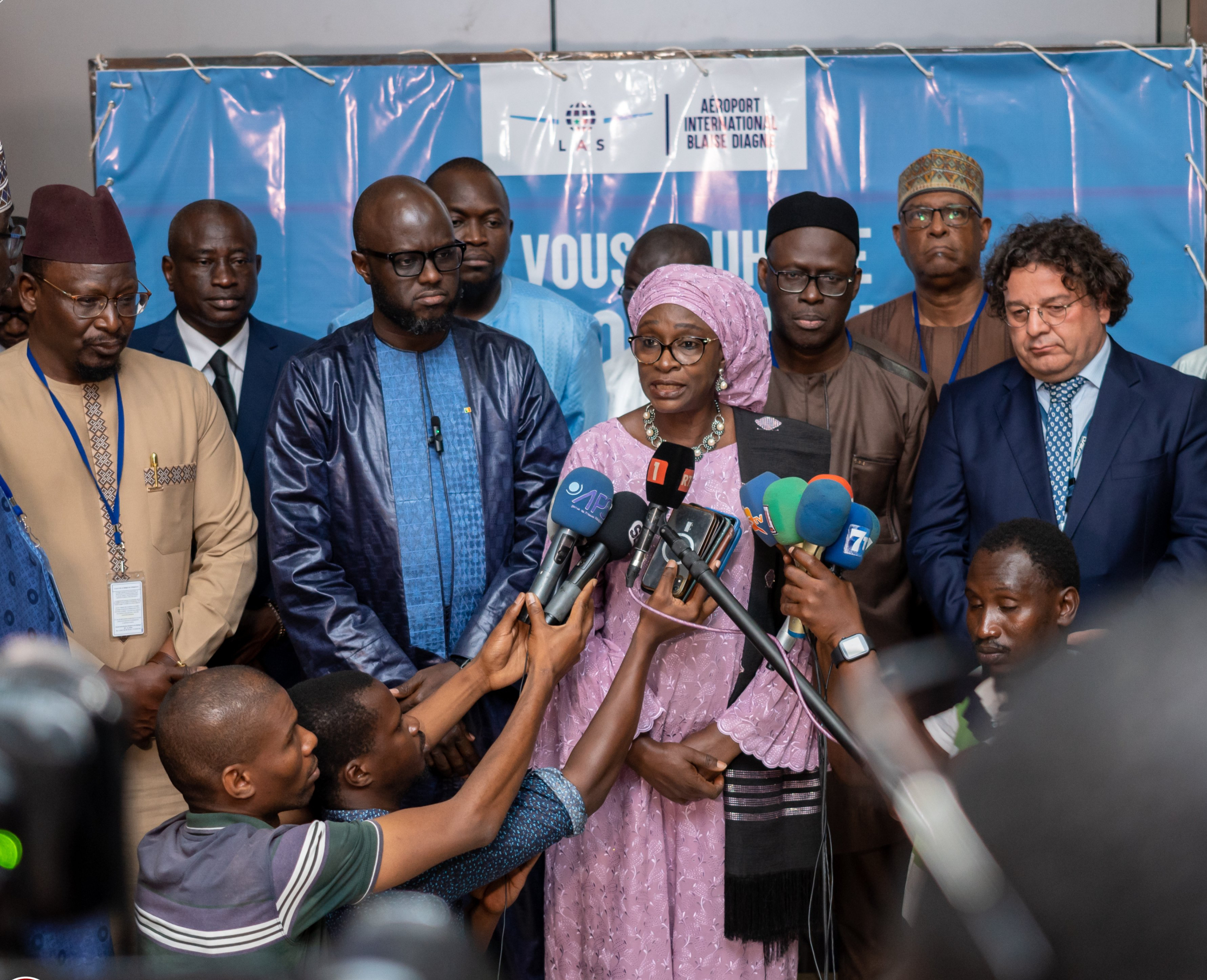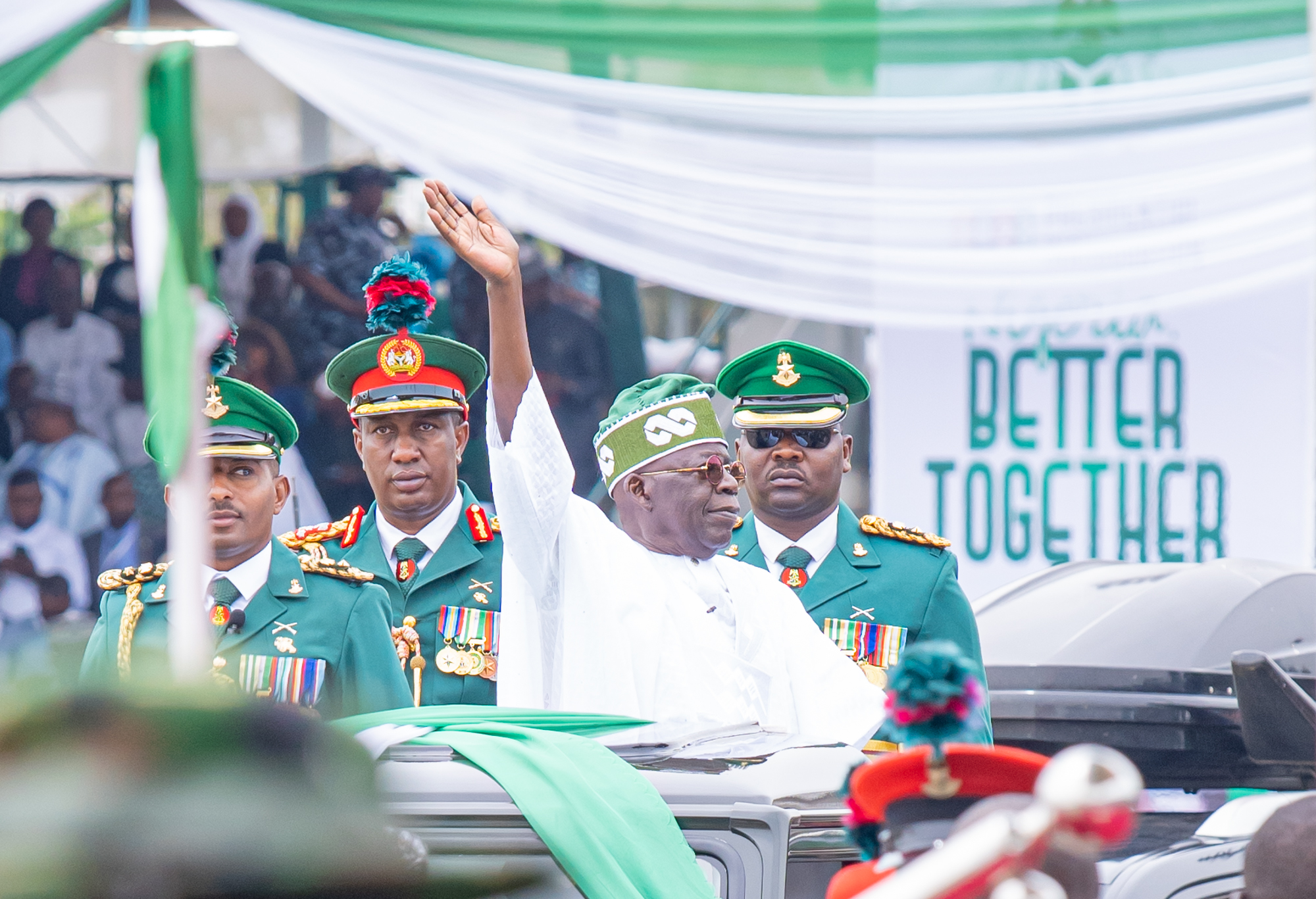Niger coup-tagion raises stakes

On 26 July, Niger’s Presidential Guard overthrew the democratically-elected president, Mohamed Bazoum. This marked the sixth successive coup d’état in the Sahel region – an arid strip of land, stretching from Senegal through to Sudan. Like its Sahelian neighbours, Niger has been battling an Islamist insurgency, which heightened the importance of the armed forces. The putsch replicated patterns seen in Mali and Burkina Faso, which have been under military rule since 2020 and 2022, respectively.
General Abdourahmane Tchiani, head of the Presidential Guard, led the rebellion, seizing control of the presidential palace, reportedly fearing that he would be dismissed by Bazoum. While coup plotters publicly claimed their actions were designed to address the deteriorating security situation and bad governance, they clearly acted to protect General Tchiani’s interests. Nevertheless, Tchiani, who has been in the role since 2011, managed to mobilise his fellow coup-plotters by exploiting existing dissatisfaction among the security forces.
Irrespective of their motives, the putschists acted at a time when the security situation had been gradually improving, according to national data. Much of this progress stemmed from international cooperation with Western partners – including France and the US – who have suspended assistance to Niger in the wake of the coup. Niger hosts French and American military bases, including a USD 110 million drone base, in Agadez, which have played a critical role in combating Islamist insurgency in the Sahel. Niger’s strategic importance has also grown amid rising pro-Russian sentiment in the region.
Test for Tinubu
While the Nigerien putsch is the sixth coup in West Africa since 2020, it marks a key early test for ECOWAS’ new chairman Nigerian President Bola Tinubu. At his inauguration as the regional bloc’s leader on 6 July, Tinubu proclaimed that “We will not tolerate coups in West Africa”. He has maintained this hardline stance in response to the coup, with ECOWAS issuing a seven-day ultimatum for coup leaders to cede power or face “all measures necessary to restore constitutional order.” The regional bloc made it clear that it was willing to move beyond its traditional toolkit of suspension and sanctions, warning that “such measures may include the use of force.”
ECOWAS’ bellicose statements reflect Niger’s growing strategic importance in the wake of political shifts in the region, with the Malian and Burkinabé junta leaders increasingly aligning themselves with Russia over the last two years. While there is no evidence that Russia – or aligned mercenary organisations such as the Wagner Group – had any direct role in the Nigerien coup, the combination of local disquiet and international opprobrium have created an ideal environment for pro-Russian sentiment to flourish. Niger’s military government is not yet aligned with Russia, but it could only be a matter of time before Tchiani and his acolytes pivot to Moscow.
Military threats
Regional coup contagion has unwittingly created sides. The juntas in Burkina Faso and Mali rejected ECOWAS’ ultimatum and pledged to defend Niger in case of military intervention by ECOWAS. By contrast, the military-led regime in Guinea refused to enforce the economic sanctions, recognising an opportunity for the Port of Conakry to serve as a critical import-export route for the Nigerien regime, just as it does for Mali and Burkina Faso. All three juntas, which are currently suspended from ECOWAS institutions, also hinted at a possible complete withdrawal from the regional bloc.
By contrast, ECOWAS – historically dominated by Nigeria, and ever more so focused on Abuja under Tinubu’s tenure as chairman – receives backing from France, the EU and the USA. The regional bloc has a history of military intervention, in Sierra Leone and Liberia during the 1990s, and in The Gambia in 2017. However, engagement in Niger would be the first such intervention in a Francophone nation – or in a landlocked country.
Niger’s huge landmass, already afflicted by armed insurgencies, would represent a considerable challenge for a regional military force. Instead, ECOWAS is more likely to maintain the economic blockade of Niger it imposed on 30 July. International sanctions by the US and the EU are likely to follow but may be limited to the freezing of assets of junta leaders, as harsher economic sanctions will limit Niger’s ability to supply uranium to international buyers, notably France, which generates 40% of its electricity from nuclear power plants.
This will serve as a relief for the Malian and Burkinabe juntas, which lack the technical proficiency of Nigerian soldiers, and are already stretched thin, struggling to gain the upper hand over insecurity within their borders.
Outlook
The coup in Niger presents multiple threats for Nigeria, including increased instability linked to Boko Haram and the Islamic State’s West Africa Province (ISWAP), as well as fears of military insurrection spreading to coastal states. ECOWAS has ordered the closure of land borders and airspace between member states and Niger. However, Niger shares its borders with Burkina Faso and Mali, both of which have indicated that they will not apply sanctions, meaning that trade flows to the west will continue. Similarly, Algeria, Libya, and Chad are not members of ECOWAS and are not required to implement the directive, ensuring that the northern and eastern borders will also remain open. Additionally, the porosity of the borders between Nigeria and Benin, even if officially closed, will undermine the effectiveness of ECOWAS’ decree.
In the meantime, the Nigerien coup and Tinubu’s hardline response, place ECOWAS’ credibility at stake, while also making a mockery of its long-term regional integration objectives. By putting forward military intervention as an option, the bloc has antagonised Niger and its allies in the Sahel, complicating negotiations with the juntas and exacerbating regional tensions. Although Chad has volunteered to mediate, the regional bloc will struggle to appoint an intermediary who is both respected and relatable to the Juntas of the Sahel.
As the deadline of Sunday 6 August approaches, the regional bloc is engaging in posturing, with the ECOWAS Committee of Chiefs of Defence Staff (CCDS) meeting in Abuja from August 2nd to 4th to discuss the political situation in Niger. ECOWAS knows it cannot risk further instability in the region and President Tinubu will need to come up with an alternative to military intervention if the regional bloc is to resolve the deadlock.
About the Author
Iniye Spiff is a consultant at Africa Practice, advising clients in the development sector with a particular focus on political economy, global health and gender in Anglophone and Francophone West Africa. She can be contacted at [email protected].
Image credit: Kola Sulaimon/AFP via Getty Images
Proud to be BCorp. We are part of the global movement for an inclusive, equitable, and regenerative economic system. Learn more


